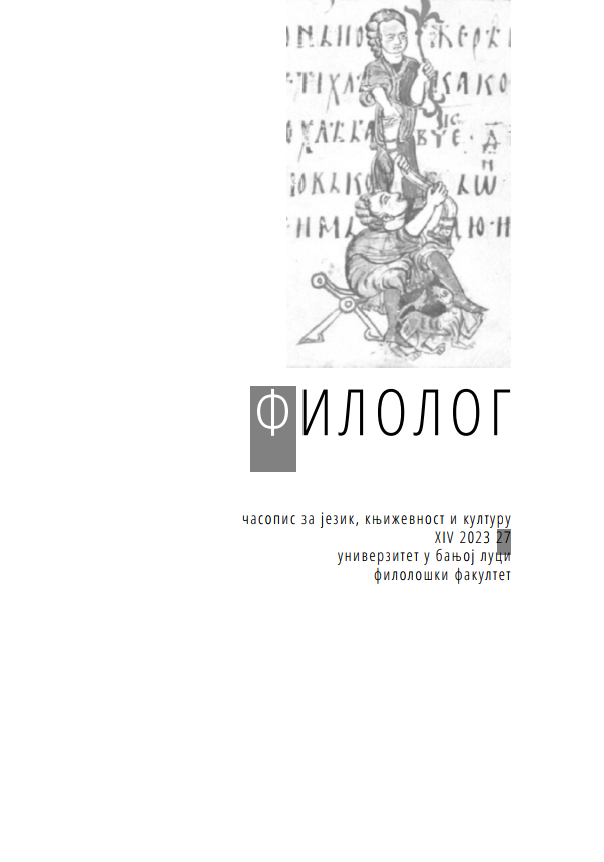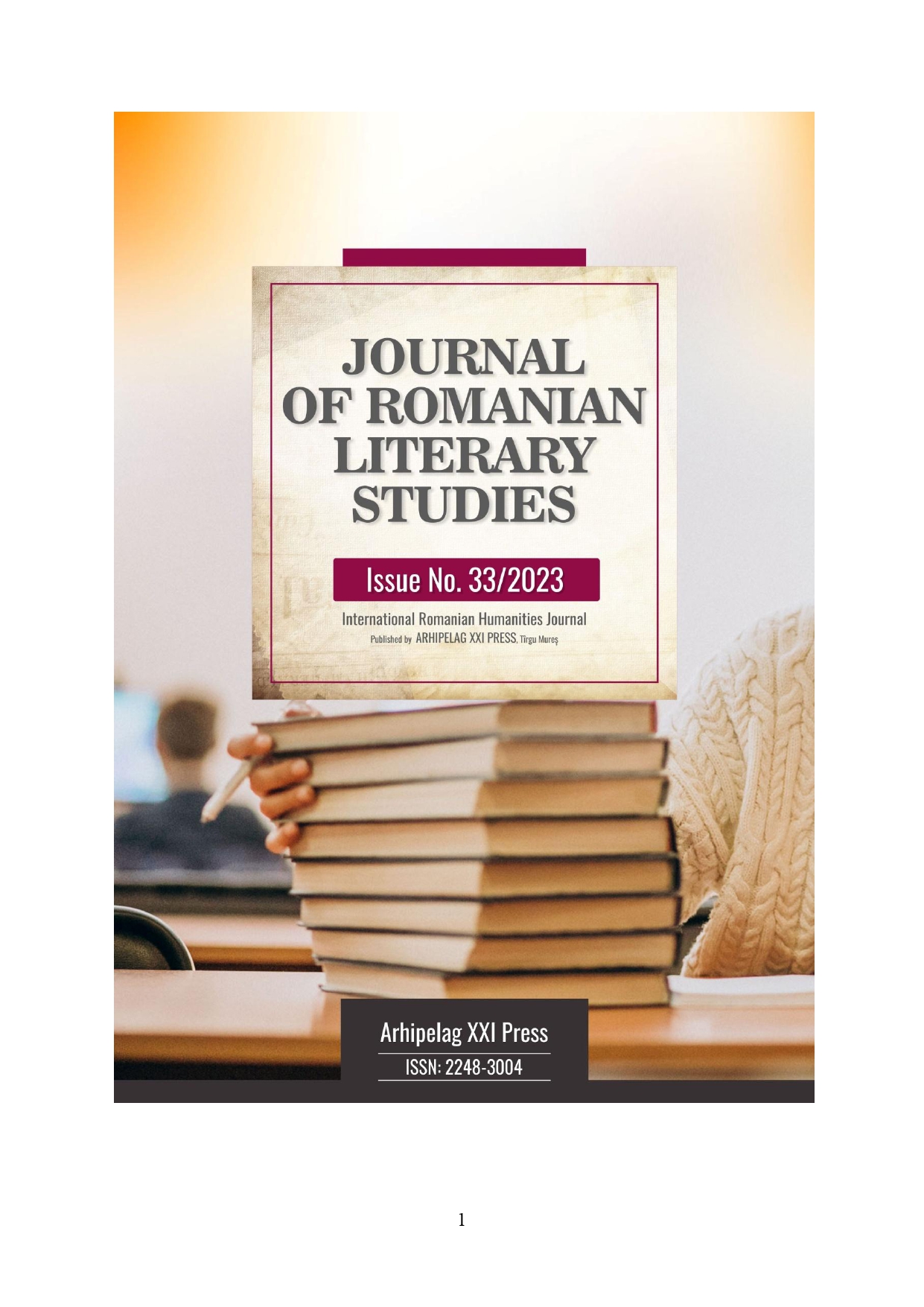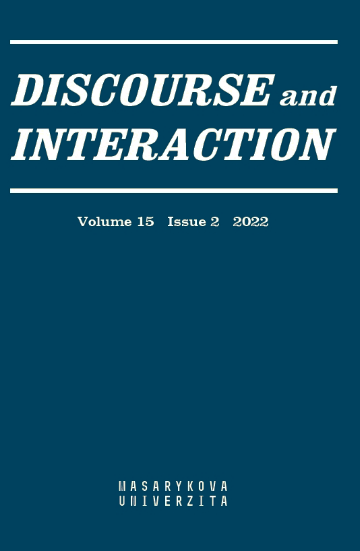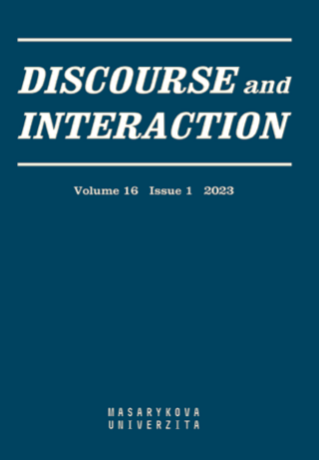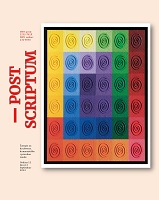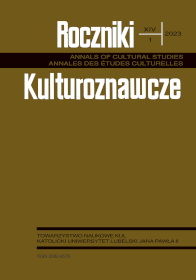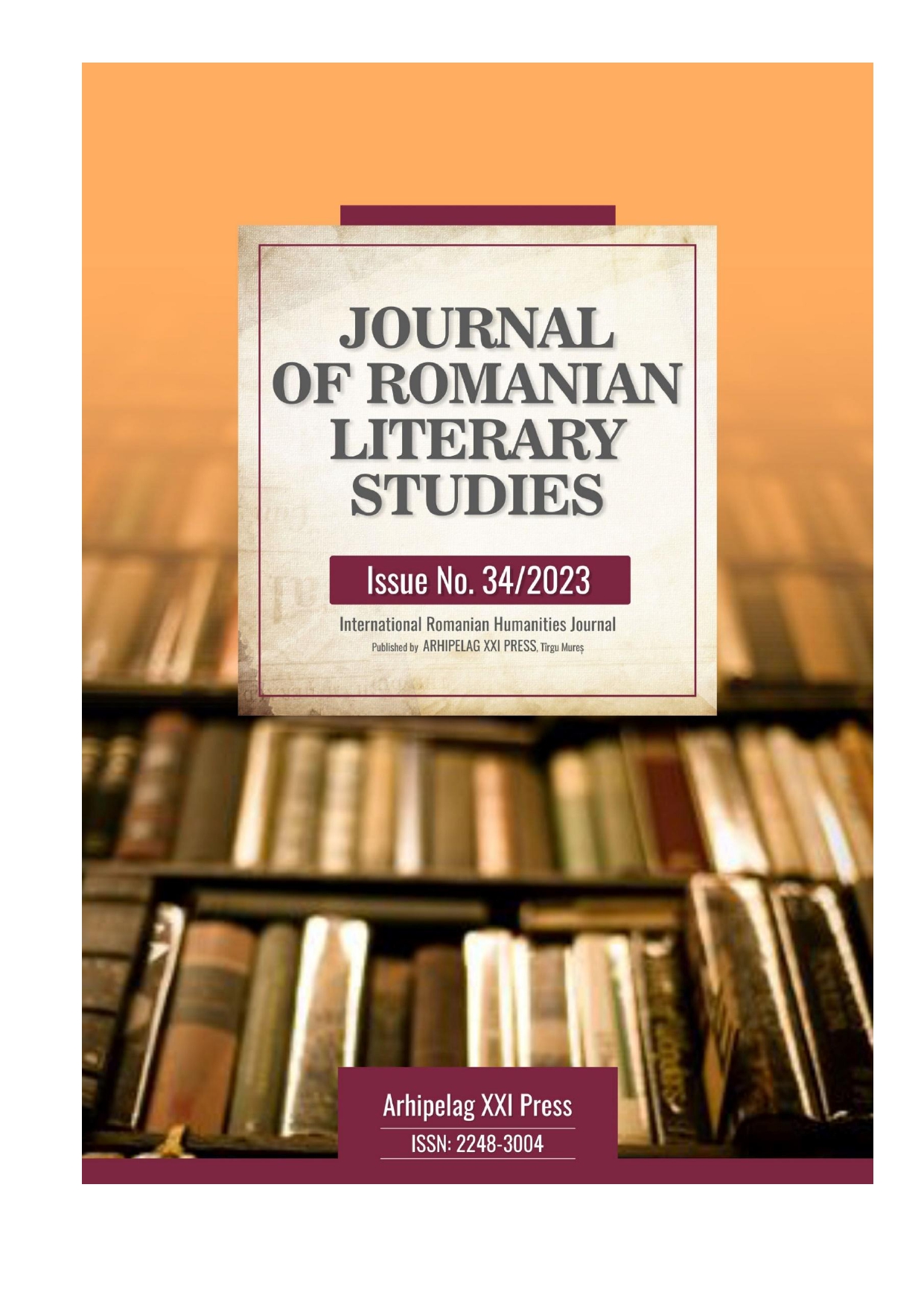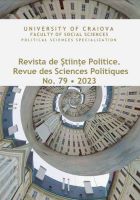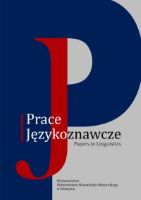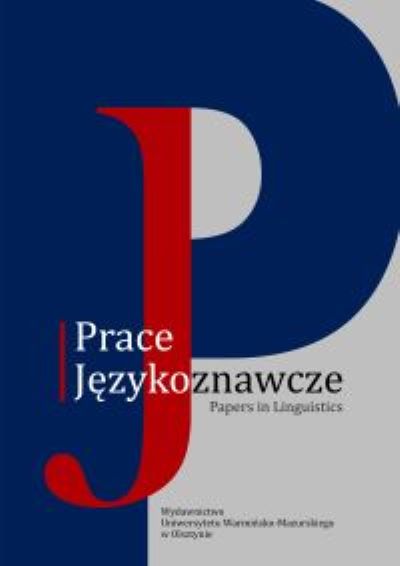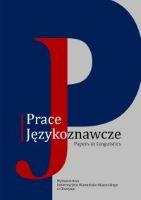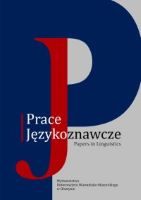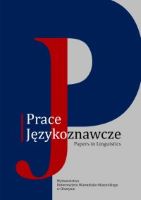
POETIC LANGUAGE AS A MARK OF THE AUTHOR OF AUTOFICTIONAL DISCOURSE: THE CASE OF HERTA MULLER’S THE LAND OF GREEN PLUMS
Considered as a double positioned discourse, in relation both to reality and fiction, autofiction adheres to an unrestricted utterance, tending to an associative writing, which doesn’t always represent an authentic personal history of the author, but which can lead to an emersion of the one who writes – inscripteur, as Dominique Maingueneau calls it – through a series of stylistic marks. What seems at first glance missed expression, in apparent disorder, becomes a discursive mark of the author and should be considered a stylistic imprint of the discourse producer. From this point of view, Herta Muller’s autofictional writings bring into light the metamorphosis of language, due to its poetic dimensions. Her texts become a form of communication both relevant for the inner self and for the world outside. The present study aims to analyze the way in which the language of the autofictional discourse can trace the speaking subject - community relation and take part to the difficult process of identity reconstruction.
More...
